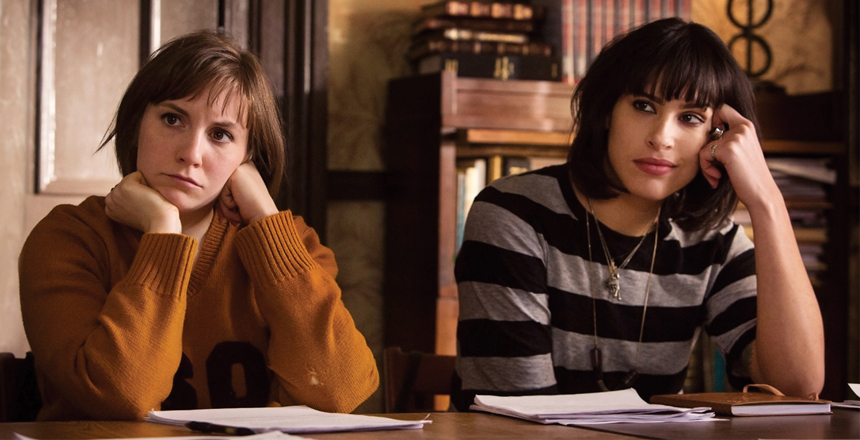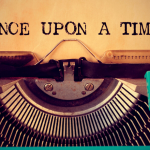“You might think about giving yourself some more time to heal before you write this story,” says the bottom corner of page 9 in blue ink.
“I am so sorry,” says the margin next to the final paragraph.
“Thanks for sharing your story,” says someone else’s ballpoint pen.
Related
For two years, I will sit in a classroom with a group of writers in my MFA program, students who have to critique the words I write about What Happened so they can learn how to respond to written language before we all go off to jobs at magazines or publishing houses or other universities. In front of each of us is a copy of the manuscript, gone excerpt from my memoir-in-progress about the day my grandmother was murdered while I hid in my bedroom down the hall when I was 15.
Seven years have passed since the day my grandmother died. I’m now 22. During my senior year of college, I applied to four MFA programs so I could write about What Happened because I felt like it was something I needed to do — for myself, for my grandmother, for anyone who needs to know that they aren’t alone in their grief. On the first day of graduate school, everyone in the workshop had to share what they’d be working on during the semester, like a memoir or a series of profiles or a collection of essays.
“I’m writing about grieving after a family tragedy,” I said, and it was the truth but it was also a lie. It was true because I was finally able to turn What Happened into a single sentence I could speak out loud without taking a breath. It was a lie because What Happened was not something I could speak in a single sentence without taking a breath.
I couldn’t tell my classmates that the hurt was so big that I needed an entire book to explain it. I couldn’t tell them about the shame I felt guarding my copies at the print station to make sure the library clerk couldn’t see the words. I couldn’t tell them —or anyone — that maybe writing it all down is my way of healing, of processing, of grieving, of surviving.
They would discover the truth and the lie when they read what I’d written in my workshop submission. They would learn what kind of grief I was really writing about: the loss of my grandmother who had been violently killed, the loss of my mother who’d been charged with second-degree murder and sentenced to 15 years in prison. They would read about the last sound I heard my grandmother make before she finally stopped breathing. They would read about my mother’s hands, covered in blood and later fastened in a pair of metal handcuffs behind her.
They would read all of this in subway cars or at bus stops or at the kitchen counter in their apartments. I always imagine my pain, my fear, my grief rolled up and flattened out just to fit between the one inch margins on each page. I think of how big my wounds felt when I sat down to write about them, and how small they must seem now that they’ve been shrunk down to 12-point font and photocopied in a university library.
I think sometimes that maybe I’m not ready. That maybe I should wait until I’m 25 or 30 to try to put this experience into words that will sound like something other than shame. That maybe I’m not strong enough to have the hardest parts of my life picked apart and examined for grammatical errors and tense shifts. But the process has gotten easier over time.
By the end of my first year of graduate school, I learned how to hear the critiques that will help me grow as a writer and let go of those that feel like evaluations of the tragedy. I have also grown as a reader, finding the right balance between sensitivity and sincerity as I try to give honest, sympathetic feedback to classmates whose stories are hard to tell, too. When it starts to feel like it’s too soon, I remind myself not to stop searching for hope as I write to turn these painful memories into art, to wrap them up in metaphor and imagery and put them on a shelf where they can’t hurt me anymore.
Kristi DiLallo is the founder and editor of thegriefdiaries.org, an online magazine of art and writing about grief. Her work has appeared in Public Books, The Feminist Wire, and elsewhere.












